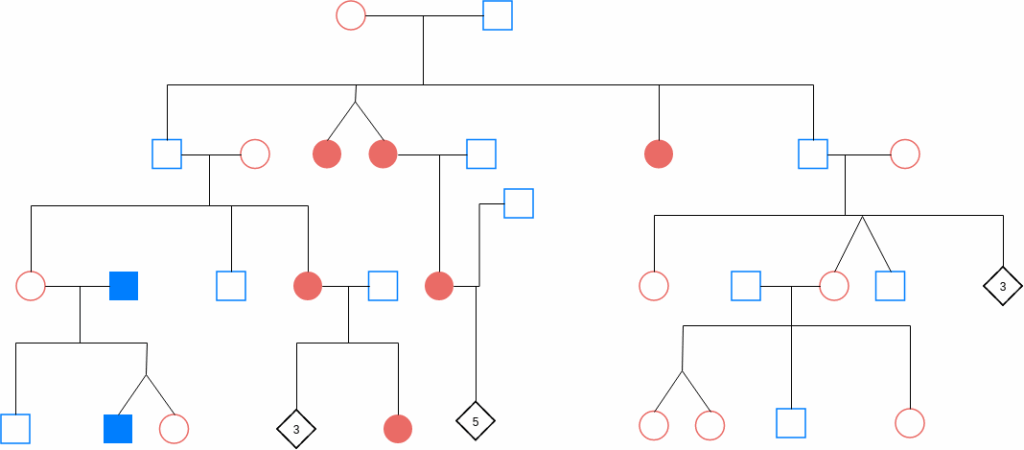A pedigree chart is a tool used in genetics to trace the inheritance of a particular trait or characteristic within a family. In the case of a widow’s peak, a distinct V-shaped point in the hairline at the center of the forehead, a pedigree chart can help to track the presence of this trait through multiple generations.
By creating a pedigree chart for widow’s peak, individuals can better understand the pattern of inheritance for this trait within their family. This can be particularly useful for those who are interested in studying their genetic history or those who are curious about the likelihood of passing on the widow’s peak trait to future generations.
Pedigree Chart For Widow’s Peak
How to Create a Pedigree Chart for Widow’s Peak
When creating a pedigree chart for widow’s peak, it is important to gather information about the trait from as many family members as possible. This includes recording whether each individual has a widow’s peak or not, as well as information about their parents, siblings, and children.
Once you have collected this information, you can begin to create a chart that visually represents the inheritance of the widow’s peak trait within your family. This chart typically includes symbols to represent each family member, with lines connecting individuals to show their relationships and the inheritance of the widow’s peak trait.
Interpreting a Pedigree Chart for Widow’s Peak
After creating a pedigree chart for widow’s peak, it is important to analyze the patterns of inheritance that emerge. In general, widow’s peak is considered to be a dominant trait, meaning that individuals who have at least one parent with a widow’s peak are likely to inherit the trait themselves.
By studying the pedigree chart, you may be able to identify whether the widow’s peak trait is passed down through multiple generations or if it skips certain individuals. This can provide valuable insights into the genetic history of your family and help you to better understand the inheritance patterns of widow’s peak.
